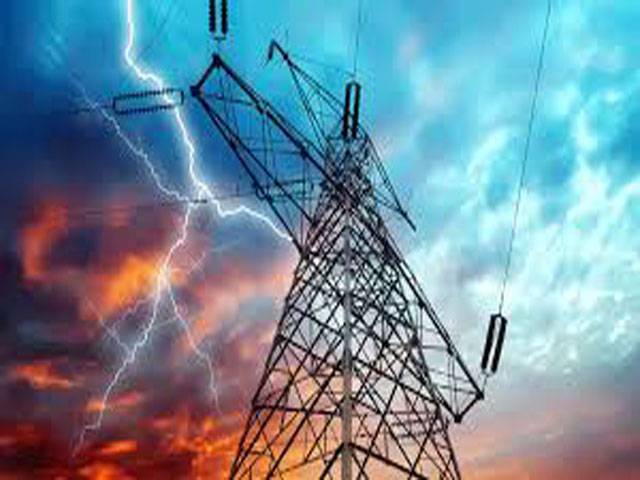Power rates hike in an economy like that of Pakistan not only further depresses the national economy, but also inflicts inflationary effects on general price structure for the common man of the country. It is a single factor, which adversely hits the lives of the poor and middle level citizens. The industry and agriculture are seriously affected in costs of production, resulting in the consequential impact.
An analysis of the factors resulting in power rates would boil down to mismanagement of the power system, especially due to high technical losses prevailing in the power supply system, inefficiencies of state controlled generating plants having lower thermal efficiencies than those of IPPs and the private power plants.
Let us x-ray the whole scenario of factors resulting in upward power rates revision. However, some positive initiatives of the Federal Ministry of Power in this respect will have long-term remedial effects in controlling the situation if implemented in letter and spirit.
The Global Energy Management Practices
The Federal Government needs to follow global practices to improve energy management in Discos and National Transmission & Despatch Company (NTDC). Let us view the international practices for better energy management.
ISO – 50001 is an international recognised standard of the Switzerland based International Standard Organization recognized by the World Bank, specified for better energy management to control undue losses and wastage as well as to enhance efficiency of energy controlling organisations. Let us examine some features of the standard.
ISO 50001 provides a framework of requirements enabling organizations to:
• Develop a policy for more efficient use of energy
• Fix targets and objectives to meet the policy
• Use data to better understand and make decisions concerning energy use and consumption
• Measure the results
• Review the effectiveness of the policy
• Continually improve energy management.
ISO 50001 can be implemented individually or integrated with other management system standards. Like all ISO management system standards specified by the International Standards Organizations (ISO) based in Switzerland and recognized globally, ISO 50001 has been designed for implementation by any organization, whatever its size or activities, whether in public or private sectors, regardless of its geographical location.
The global energy management benchmark does not fix targets for improving energy performance. This is up to the user organisation, or to regulatory authorities. This means than any organisation, regardless of its current mastery of energy management, can implement ISO 50001 to establish a baseline and then improve on this at a rhythm, appropriate to its context and capacities.
Likewise, the World Bank Group in a published Report deals with better energy management in developing countries as follows;
In electricity supply to final consumers, losses refer to the amounts of electricity injected into the transmission and distribution grids that are not paid for by users. Losses in power systems have two components: technical and non-technical.
Technical losses occur naturally and consist mainly of power dissipation in electricity system components such as transmission and distribution lines, transformers, and measurement systems. Non-technical losses are caused by actions external to the power system and consist primarily of electricity theft, non-payment by customers, and errors in accounting and record keeping. These three categories of losses are respectively sometimes referred as commercial, non-technical, and administrative losses, although their definitions vary in literature.
Technical losses represent an economic loss for the country, and its optimisation should be performed from a country’s perspective, regardless of the institutional organization of the sector and ownership of operating electricity utilities.
In order to strengthen the national economy in real terms, the power sector needs to be further rationalised to vitalize on commercial lines and global practices. The organisations of K-Electric, NTDC, and Discos need to be reorganized to deliver the best to meet the challenges of enhancing economic growth of the country effectively at a faster rate. Likewise, the state owned Gencos need to be run on commercial lines to advance generation efficiencies at par with IPPs and global benchmarks in the shortest possible time. An expert dedicated Task Force can deliver the results in real terms. The power sector both in the public and private sectors is pivotal in the future national economic growth and must come up to meet the future economic challenges faced by Pakistan.
— The writer is Ex-Adviser, Federal Inspection Commission of Pakistan. He is the Standing Committee’s Chairman of Lahore Chamber of Commerce & Industry.






